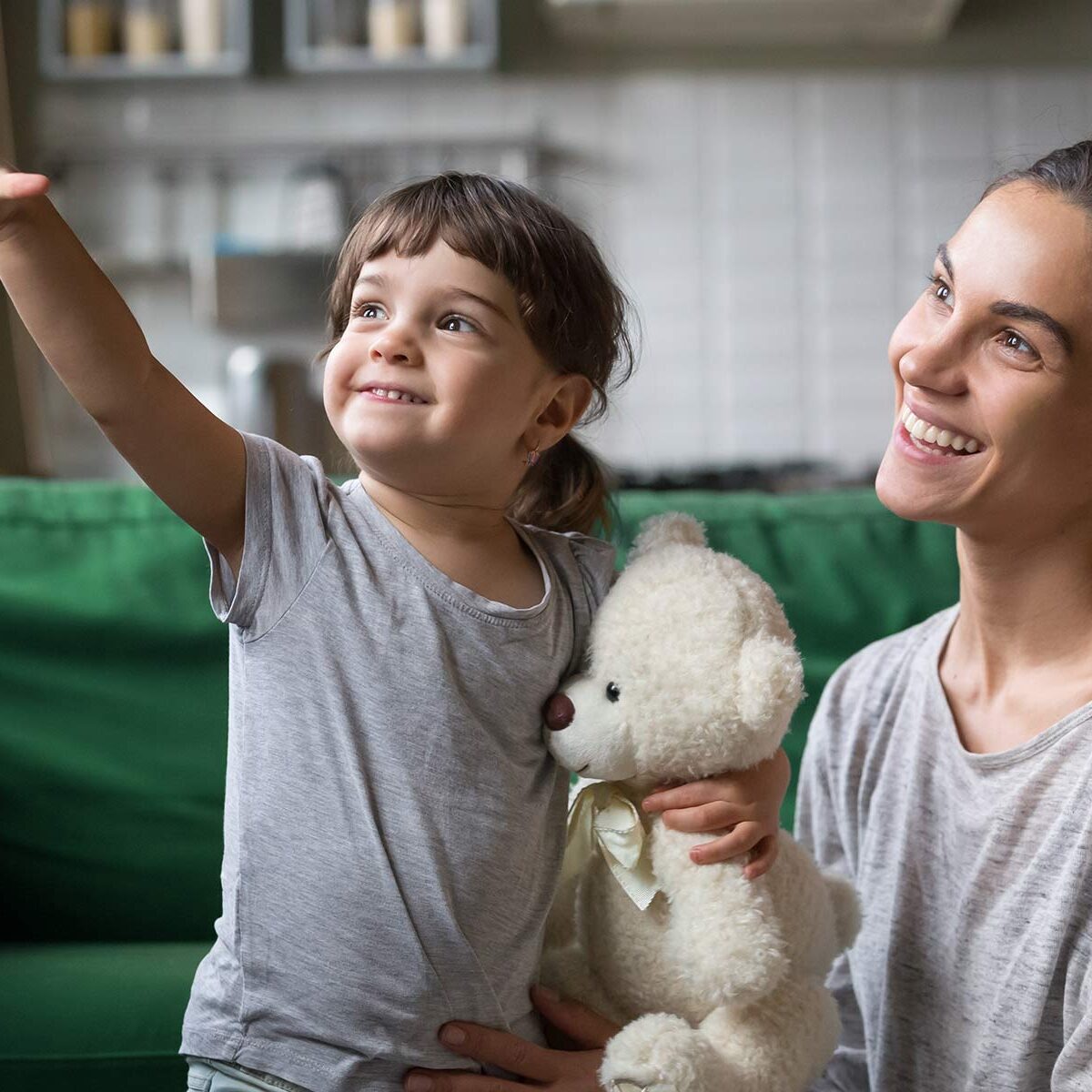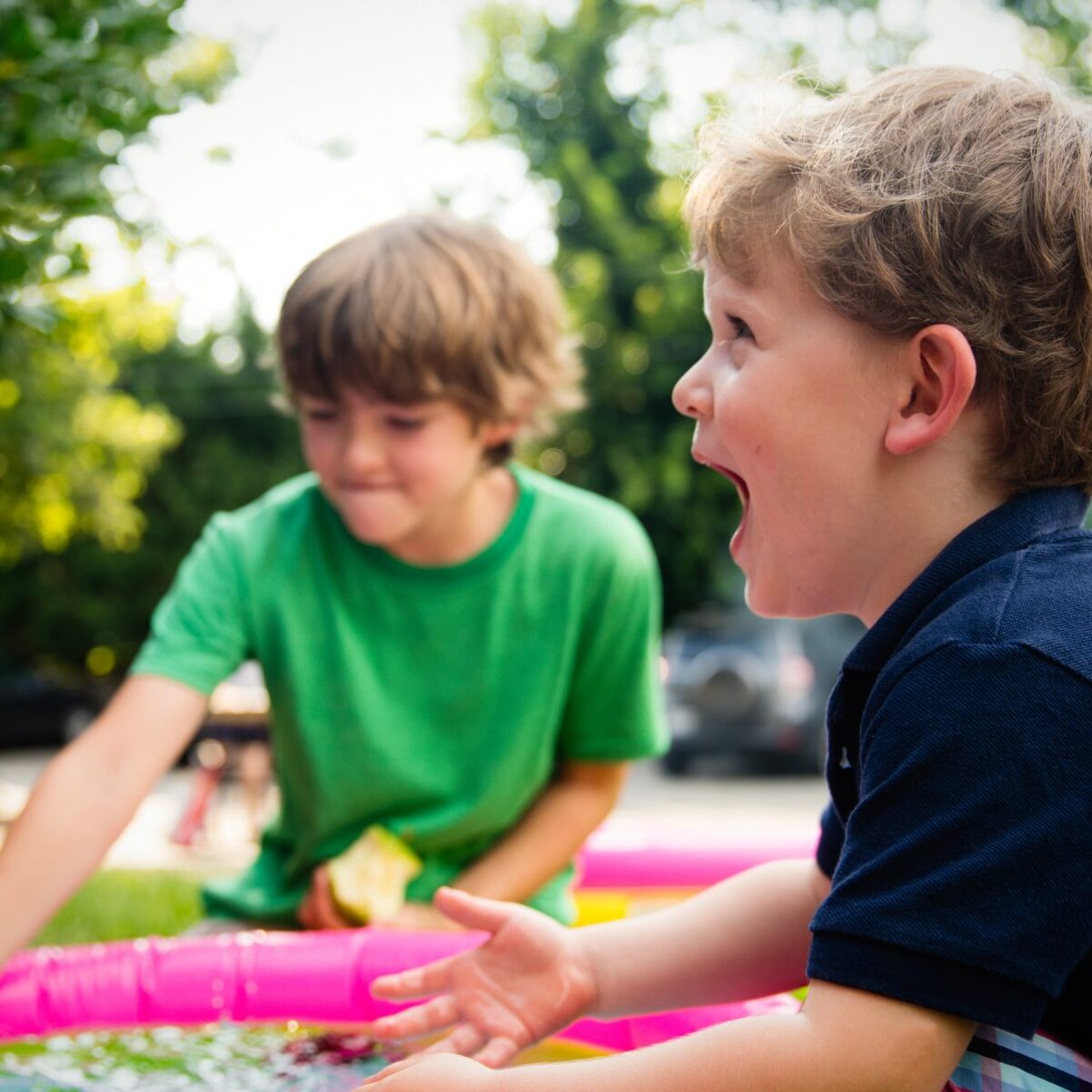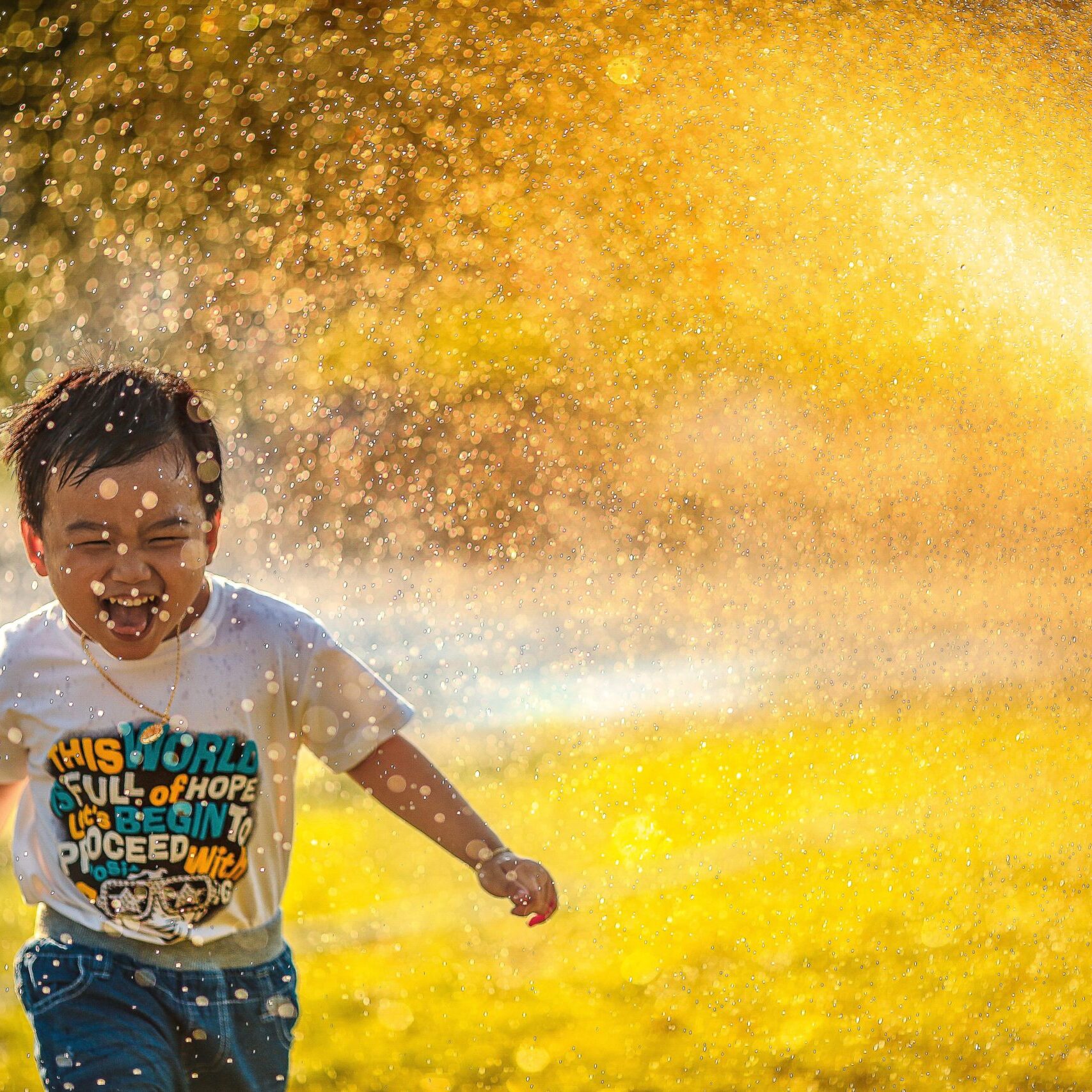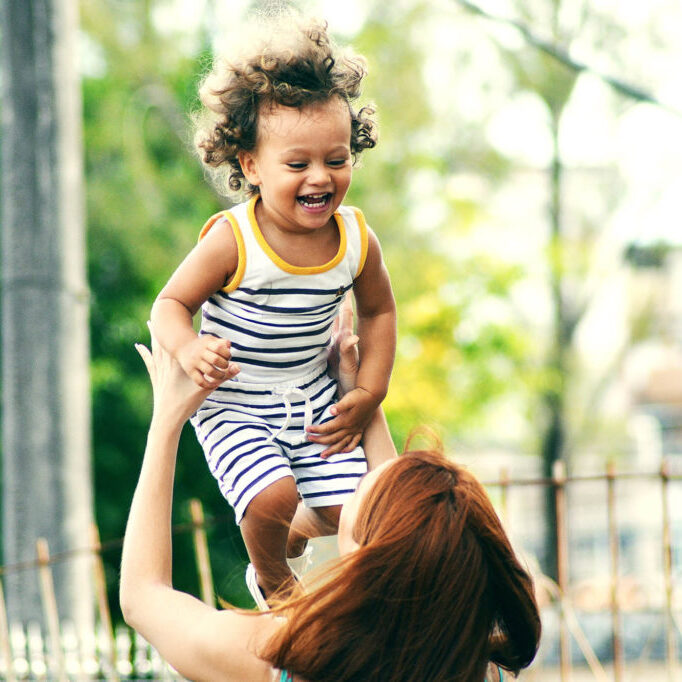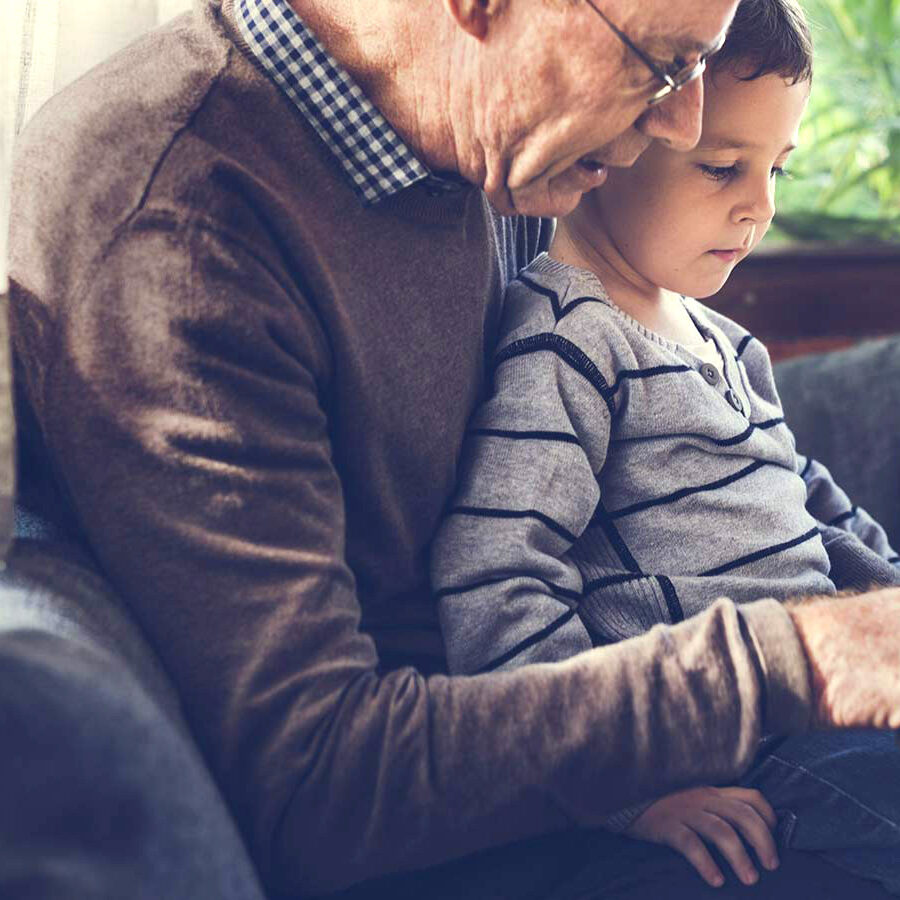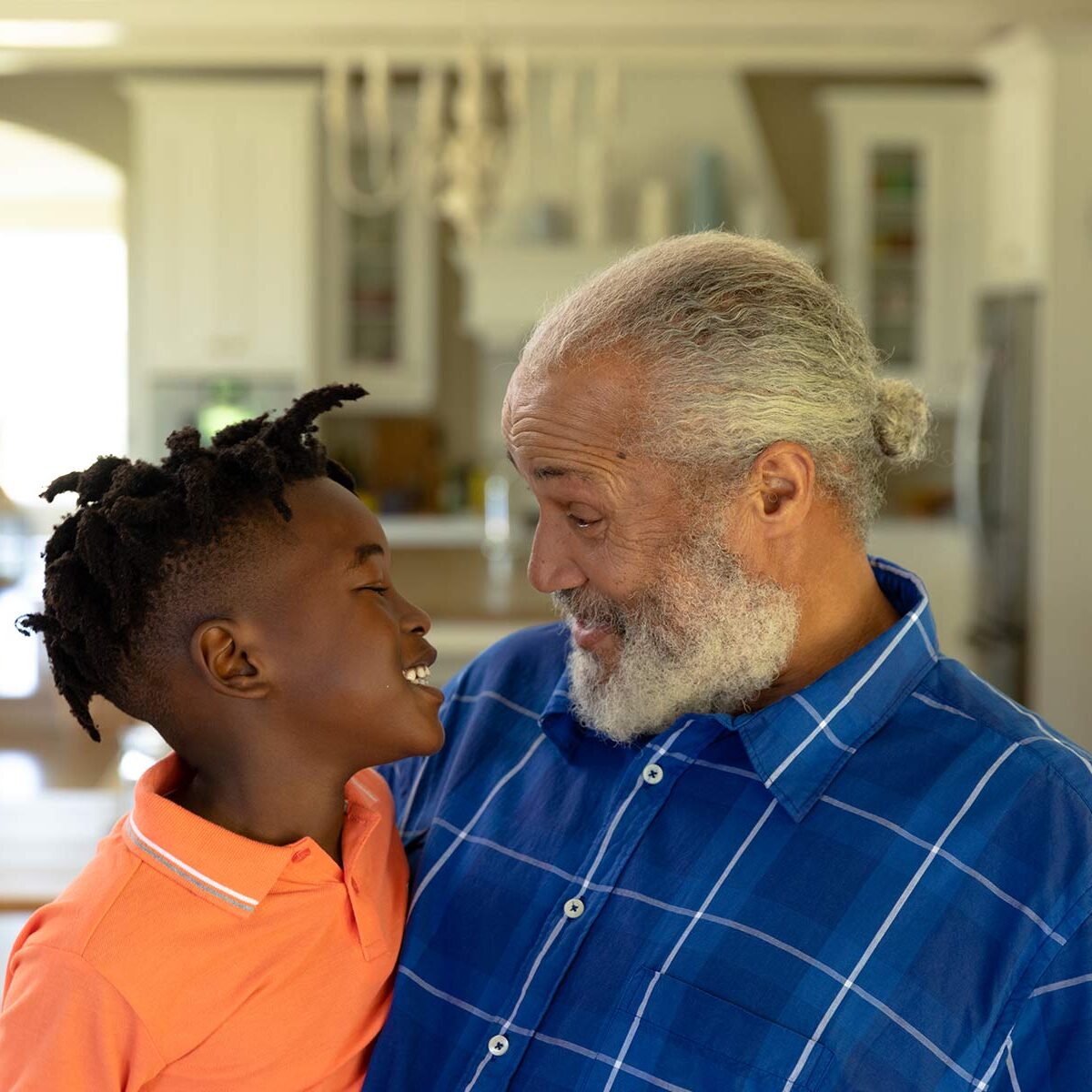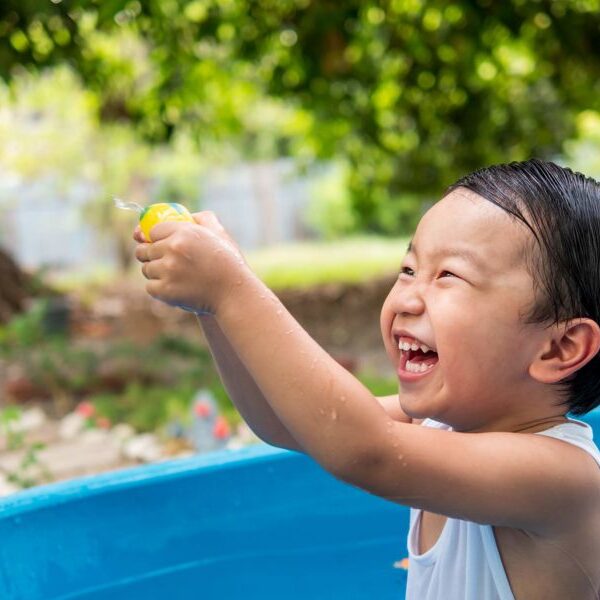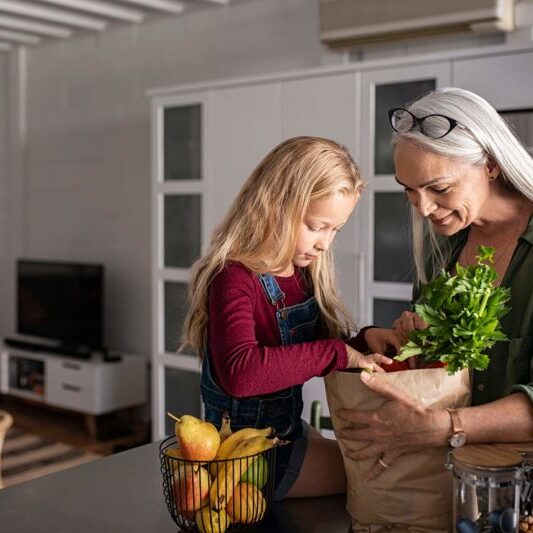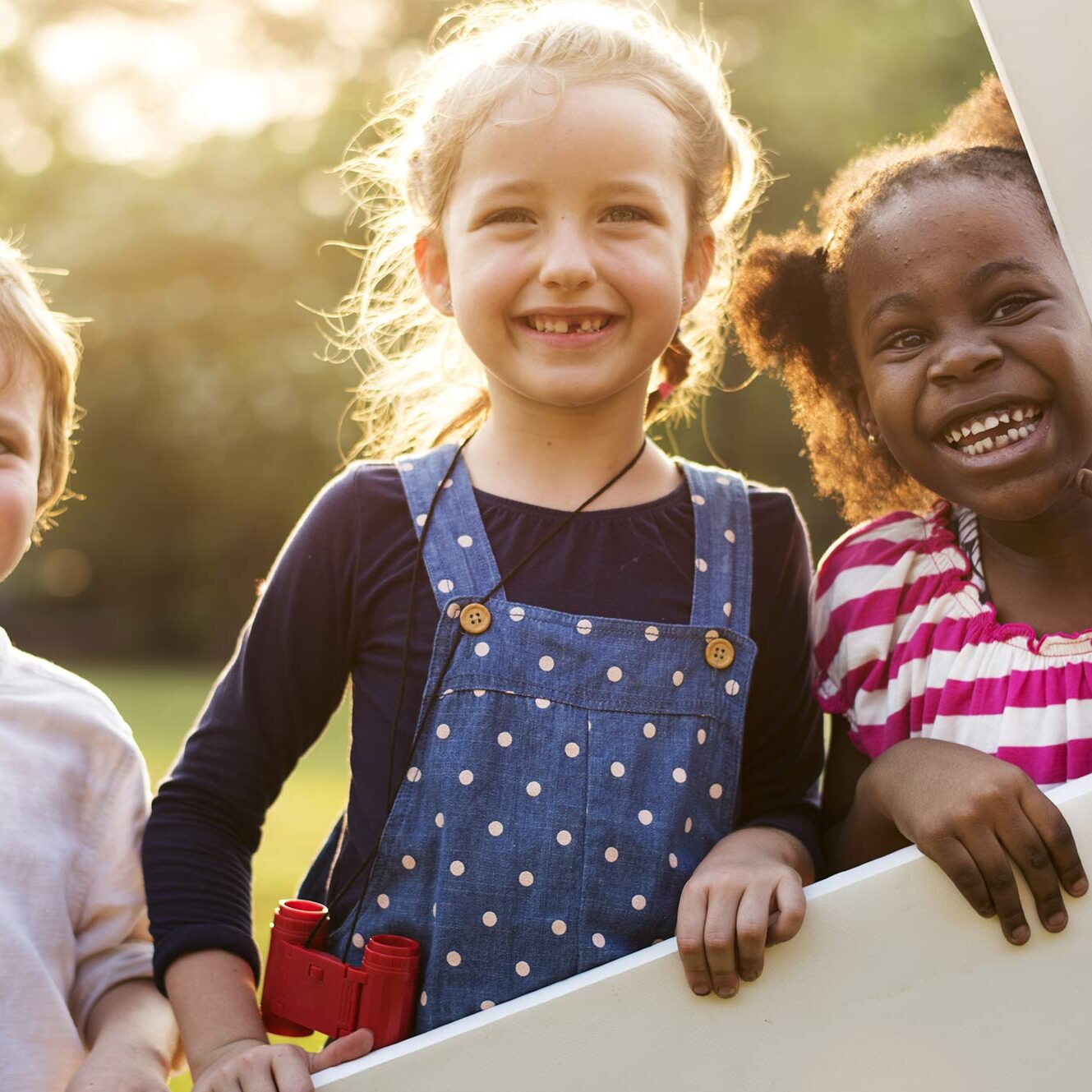
ABOUT THE AUTHOR
Shawna Borkoski
OhioKAN Regional Coordinator
Shawna leads the implementation and coordination of OhioKAN in Region 4, where she draws on a long career in nonprofit development and team support to serve the region's 8 counties in Northeast Ohio.
Becoming a kinship caregiver can happen in an instant. The shift from being a grandparent, aunt or uncle, cousin, brother, or sister to being the primary caregiver and parent of a child is a decision no one takes lightly.
Yet thousands do it every week, taking on a difficult and critical role to ensure positive outcomes for children.
Whether or not you’ve had time to process all the changes that come with being a new kinship caregiver, know that it is natural for such a monumental shift to come with a range of emotions. These feelings may come and go, and they’ll probably be different for everyone (even within the same household). With some preparation and the right framework, you don’t have to include anxiety, stress, or a sense of feeling overwhelmed into the mix.
It’s reasonable to expect you’ll have big feelings about your new parental role. Here are a few common, normal reactions you might expect as a new kinship caregiver:
- Disappointment or frustration with the birth parent of the child in your care
- Guilt or shame, grappling with questions like How could this happen in my family/with my relative?
- Sadness or empathy for the birth parent, who might not have a choice in their current situation
- Divided loyalty in your relationships with the birth parent and child
- Loss or grief for the role you were previously playing in the child’s life, such as a grandparent, aunt/uncle, sibling, etc.
- Anxiety or feeling overwhelmed with the new expectations in your life
- Uncertainty about whether or not you will be successful in helping this child or the birth parent
- Feelings of relief or happiness in knowing the child is safe with you
This is certainly not a comprehensive list of all possible feelings and emotions kinship caregivers can experience, but it is helpful to know that many have gone through this experience before you and have had the strength to share their own experiences.
Know that you are not alone!
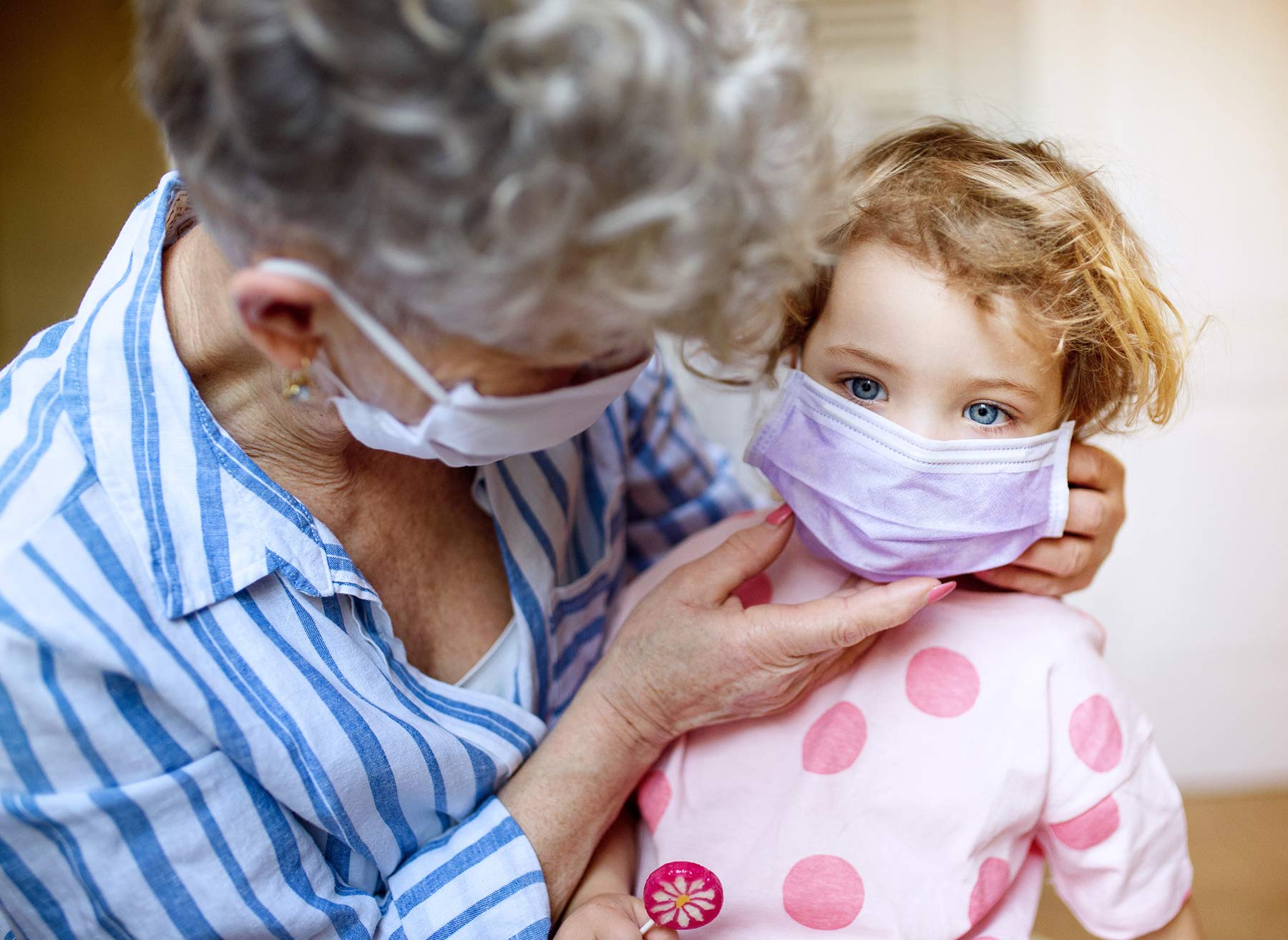
In Ohio, approximately 98,000 grandparents are raising their grandchildren. That’s the size of an entire city, and these numbers don’t even include the numerous other caregivers raising children in their homes. That means there are a lot of relative kinship caregivers who have gone through or are going through this rollercoaster of emotions along with you, and that there are places to turn when these feelings take the driver’s wheel.
Be open to talking with others.
By supporting other kinship caregivers in their communities, by continuing to create a safe and stable environment for children to thrive and grow, kinship caregivers are their own advocates. Take an active role in this community. In turn, you can become one of those helpful voices to say, “I can empathize with what you are going through,” “I’ve been there too,” or “It’s tough, but it’s worth the ebbs and flows of emotion.”
Clear your mind.
It is important to step back when emotions begin to take control of our actions. Take a moment to clear your mind and sit with your feelings before deciding where to head next. When negativity starts to creep in and take the lead, simply focusing on something positive can help you regain your composure and calm — even when that win seems insignificant.
Pat yourself on the back.
Knowing how you are making an impact and creating change in the life of the child in your care is a remarkable undertaking. Even when your hard work and sacrifice may be recognized by others, don’t forget to also recognize it within yourself.
Dream of the possibilities

When the emotional roller coaster starts to head down a hill, reflect on a few of the amazing and positive experiences you will provide to a child in your care when you stepped up and into the role of a kinship caregiver:
- Maintaining family relationships: Children in kinship caregiver homes have a higher likelihood of maintaining and growing relationships within their birth family. Having this familial social network can provide a lifelong support system for the child.
- Upholding family traditions and culture: Children living in a kinship caregiver home have the opportunity to be exposed to similar experiences and values that their birth parents were raised with and can continue to be a part of those traditions.
- Preserving community: Children living in a kinship caregiver home are better able to remain in the same school district, religious groups, clubs, friendship circles, and other important networks. This creates lasting positive impacts for the child and reduces the trauma of a move or a sense of loss to social connections.
The work and care you provide now will have impacts you may never fully understand. As you help the child in your home learn, grow, and adapt, remember that you are also able to learn, grow, and adapt through your own research and by connecting with your kinship caregiver peers.
Resources
For additional resources and helpful information available to guide you through this new experience, visit the following guides offering more in-depth advice on managing specific emotional challenges of kinship caregiving:




